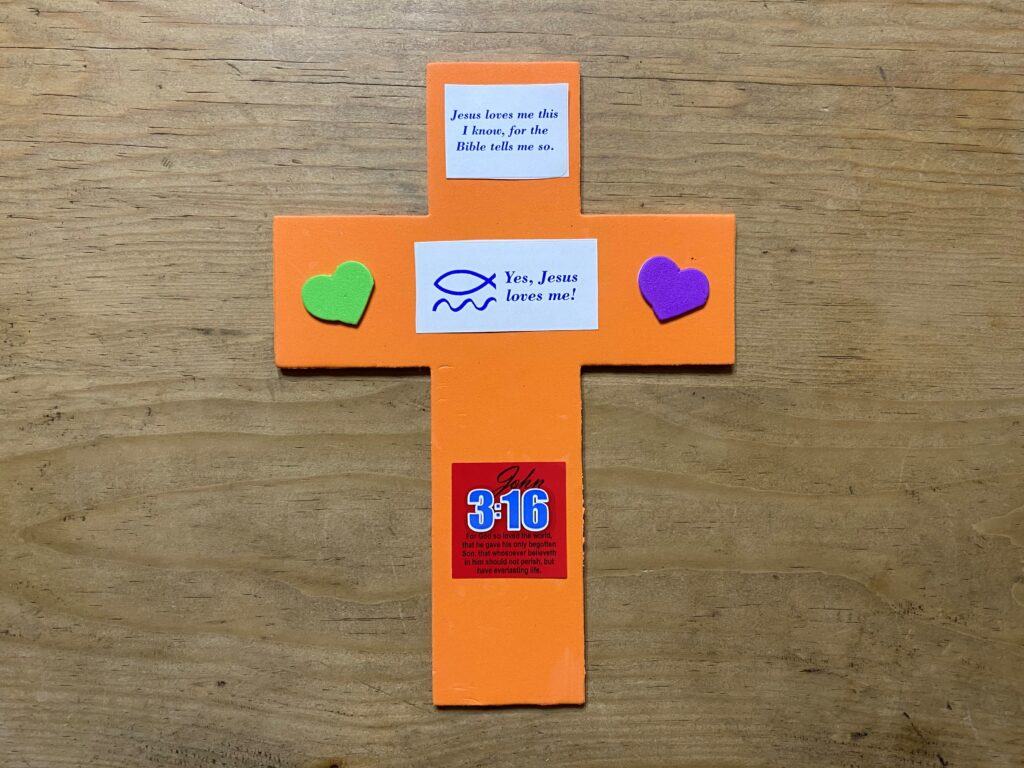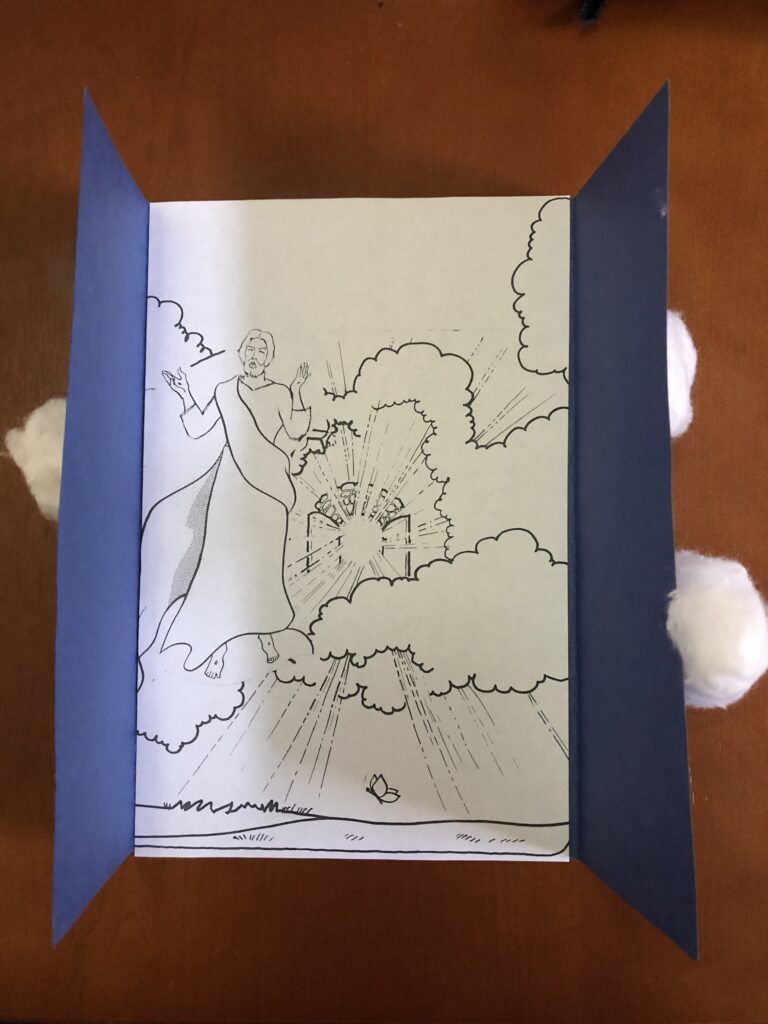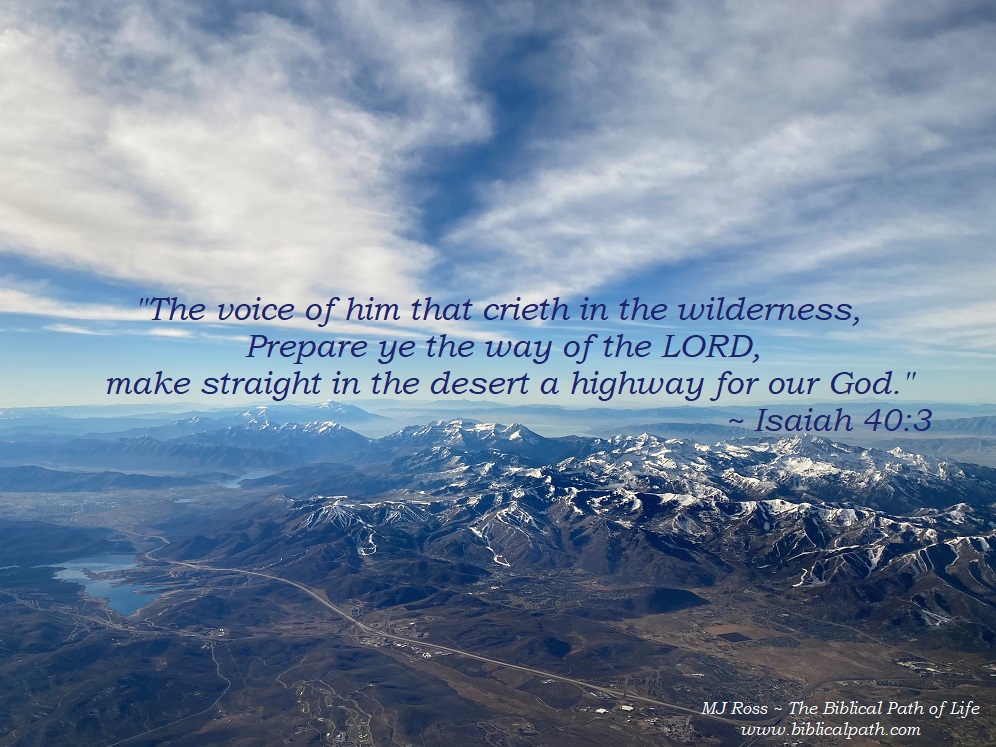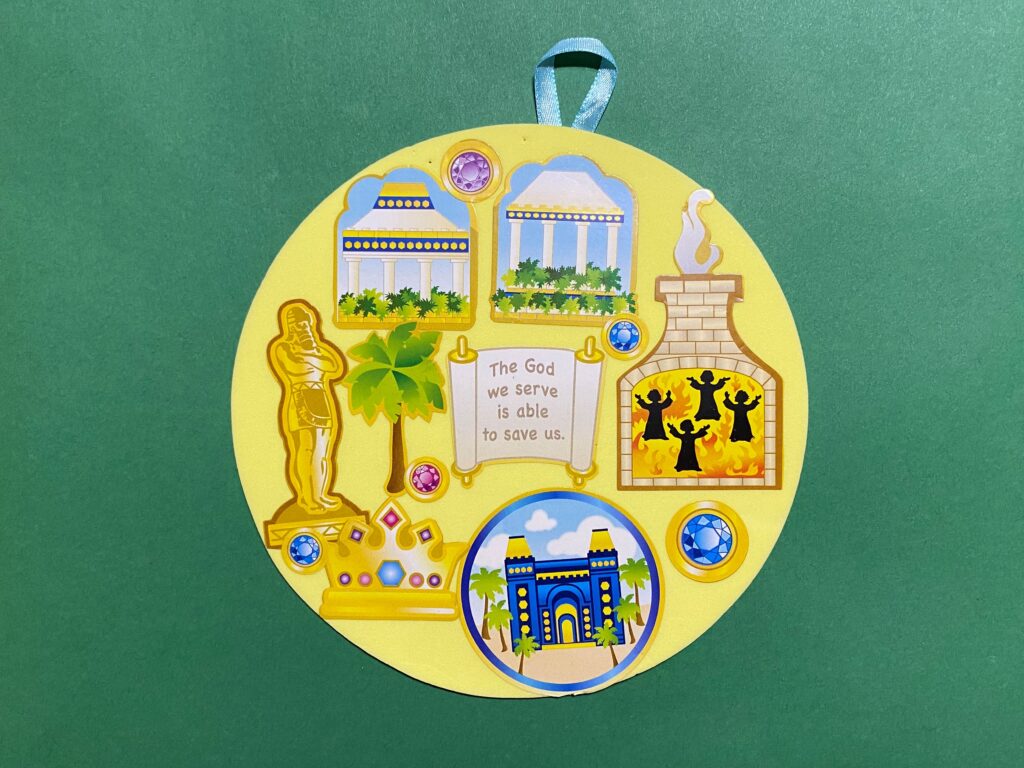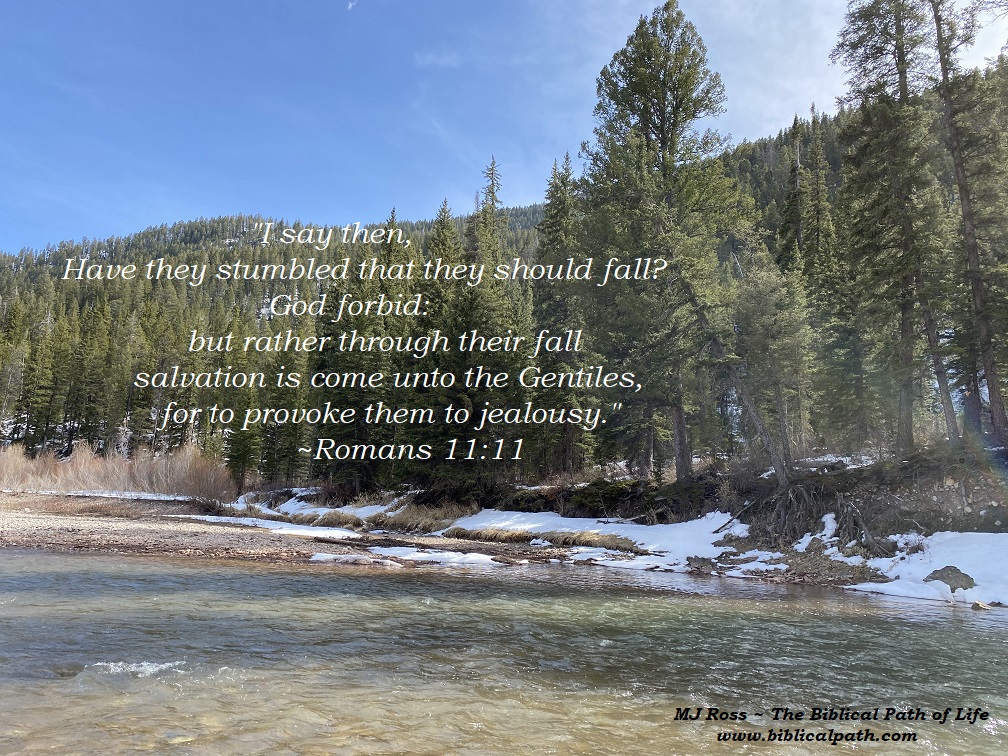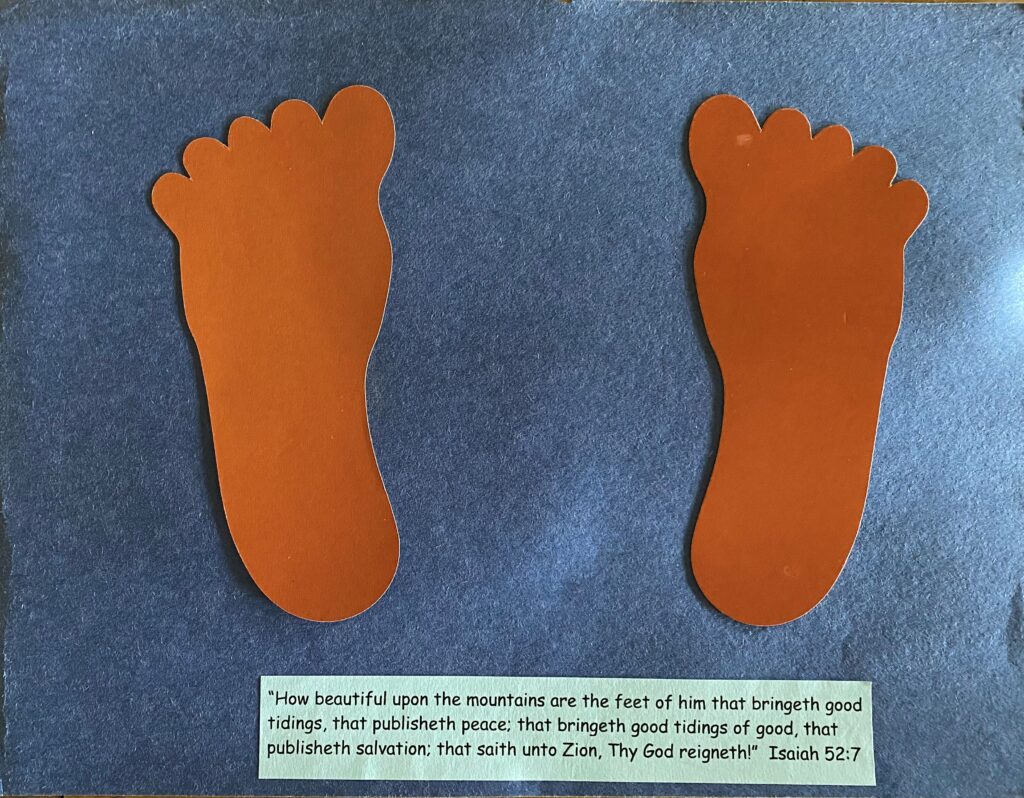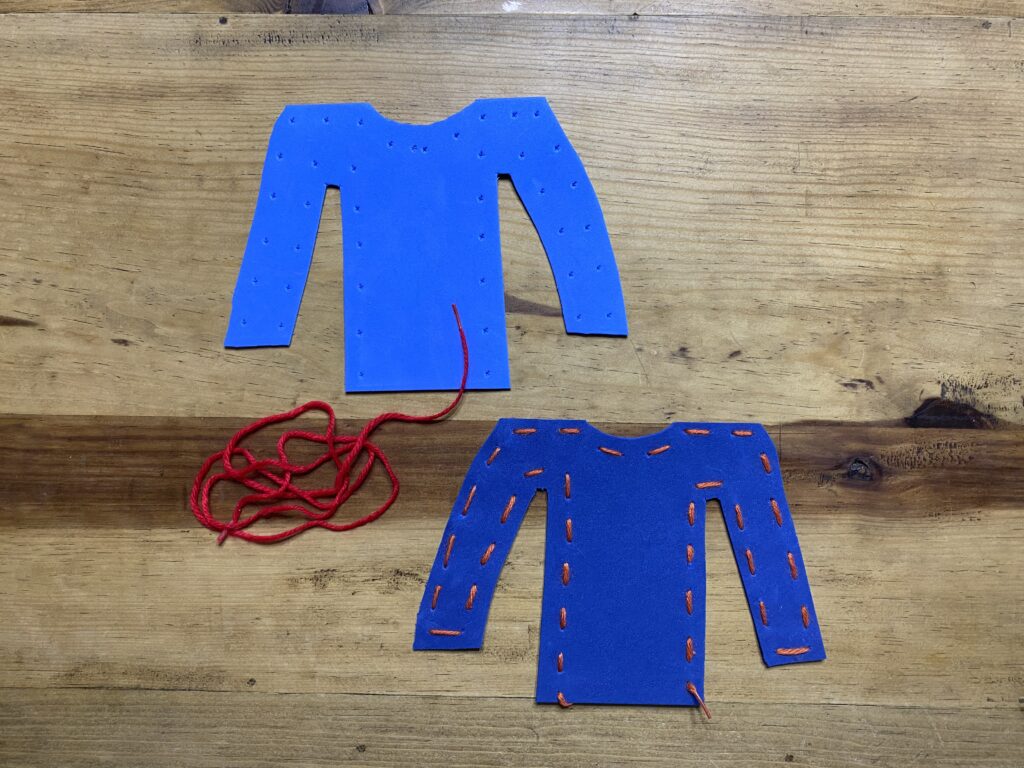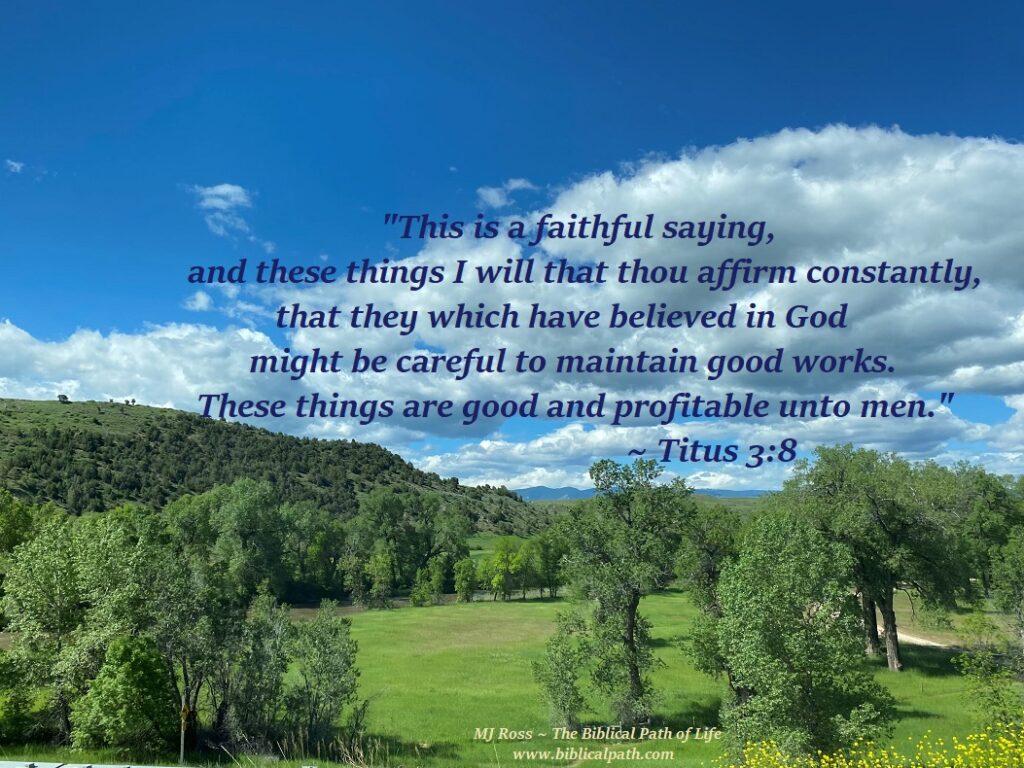
Key Verse
This is a faithful saying, and these things I will that thou affirm constantly, that they which have believed in God might be careful to maintain good works. These things are good and profitable unto men.
—Titus 3:8
Key Verse Thought: Read the Key Verse for this lesson. We will learn that the message within this lesson is one that Paul found necessary to “affirm constantly,” so that they would not forget. It is important for Christians continually to live a Christ-like life (“be careful to maintain good works”). It is profitable for all: for those who maintain those good works; and for those who see Christians living right.
Emphasis: We are to understand the importance not only of becoming a Christian, but the expectations of Christians within the church. But more than that, the decision each Christian must make to choose to continually live for Christ; “to maintain good works.”
Lesson Summary: In our last couple of lessons, we have learned that Christians are to live as soldiers, fighting the good fight of faith. We also discovered that it is not always easy. In this lesson, we continue with the importance of maintaining “good works.”
Titus: Paul won Titus to the Lord early in his ministry. Titus was a Gentile. He went with Paul on a missionary journey, and Paul left him in Crete to help organize a church. Paul wrote this letter to help Titus understand the office of a pastor (bishop), to beware of false teachers in the church, and the basics of Christian living. Paul continued with the description of the kind of behavior expected of Christians, particularly to specific individuals and their obligations in teaching others. Paul encouraged them to remember the importance of knowing that their salvation was a gift of God, and it was not something they could gain by doing works. Christians were to maintain good works, living a right life in Christ.
Philemon: Philemon was another close friend of Paul’s. This letter was specifically written to encourage Philemon to forgive and receive his runaway slave, Onesimus – for Onesimus had become a Christian. He had ministered to Paul, and now Paul was sending him to Philemon as a brother in Christ. In this letter, notice that Philemon is called to put into practice some of the Christ-like qualities of which we have learned. It is not always easy to choose to do what is right, but it is very important – as Paul made clear to Philemon.
If you are teaching this to a class, Teachers Note: In this lesson, there is much information of how the different people within the church are to live. Choose the information that would be most relevant, and informative, to your individual class. There is much too much information to be thoroughly studied in one lesson to cover it all. Be sure your students understand the importance of maintaining right Christian living.
Y3Q4 – Lesson 3 Questions
Y3Q4 – Lesson 3 Children’s Worksheets
If you are teaching this to children, the following is a craft idea to help them remember this lesson:
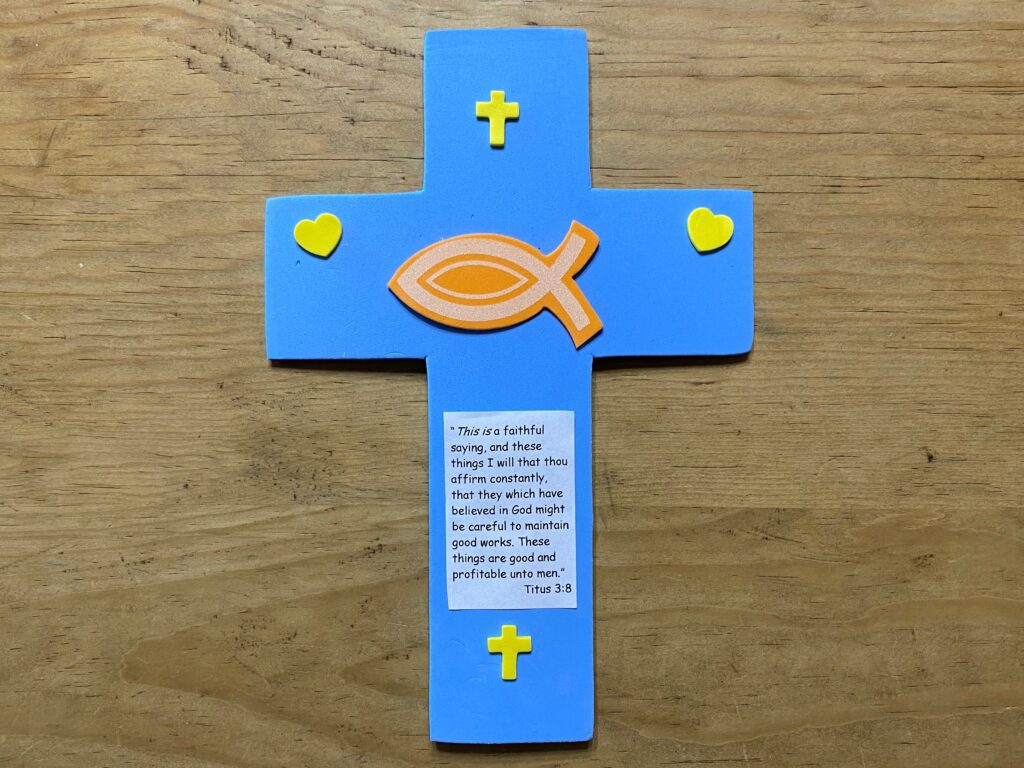
We decorated a foam cross with stickers and the Key Verse for this lesson.
The Biblical Path of Life – Year Three, Quarter Four is available through Amazon.

